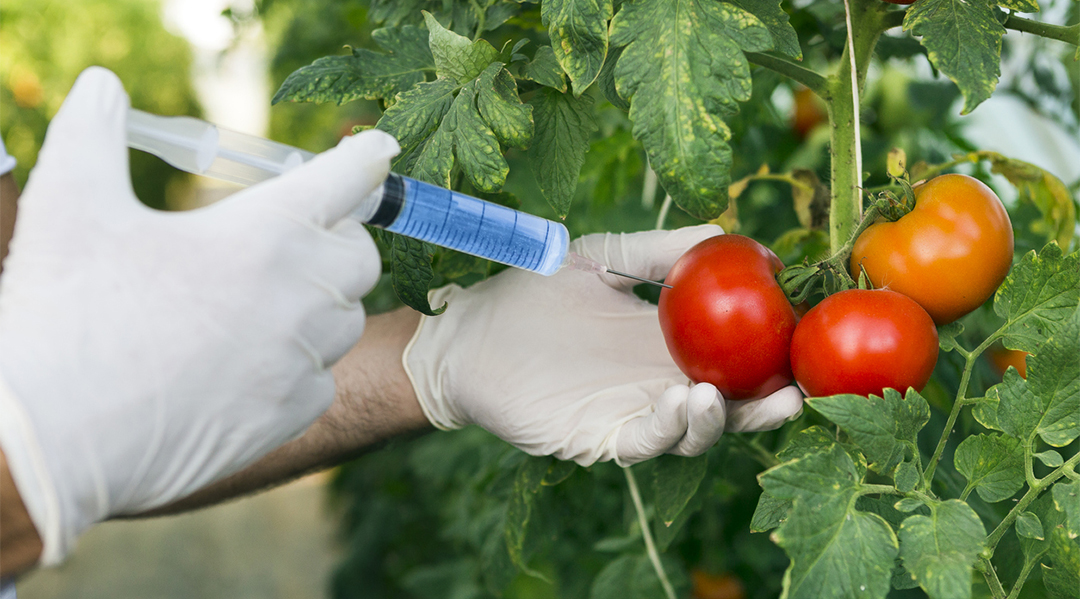GMO Event-Specific PCR Testing
Understanding and ensuring compliance with genetic modification regulations is critical in agriculture and forestry. With the growing demand for genetically modified organisms (GMOs), it is essential to identify specific events or modifications within these organisms accurately. GMO event-specific PCR testing provides a precise method for identifying and verifying the presence of specific genetic modifications introduced into an organism.
This technique involves using polymerase chain reaction (PCR) technology, which amplifies DNA sequences in a controlled manner. By targeting known sequences associated with particular GMO events, researchers can confirm the identity of those events within a sample. This process is highly reliable and allows for accurate identification even at very low concentrations.
The application of PCR-based methods extends beyond mere detection; it also supports research aimed at understanding how genetic modifications behave under different environmental conditions or during various stages of plant growth. For instance, this type of testing can help determine the stability of introduced traits over time or assess potential interactions between genetically modified plants and their natural environment.
Agricultural biotechnology plays an increasingly important role in addressing global food security challenges. As such, regulatory bodies worldwide have established guidelines for evaluating GMOs before they are approved for commercial use. PCR technology serves as a cornerstone of these evaluation processes by providing robust evidence regarding the genetic makeup of novel crops or livestock.
In summary, GMO event-specific PCR testing offers precision and reliability in identifying specific genetic modifications within organisms. Its importance lies not only in regulatory compliance but also in advancing scientific knowledge about genetically modified organisms.
Applied Standards
The International Organization for Standardization (ISO) provides several standards relevant to PCR-based testing, including ISO 17025 for general requirements for the competence of testing and calibration laboratories. Additionally, specific guidelines may be found in:
- ASTM E2843-16, which outlines procedures for quantitative real-time polymerase chain reaction (qPCR) analysis of genetically modified organisms
- EN ISO 20975-2:2016, dealing with the identification and quantification of genetically modified organisms using qPCR
- IEC 62843, covering methods for detecting genetically modified organisms in foodstuffs
These standards ensure that PCR testing is conducted consistently across different laboratories, thereby enhancing accuracy and reproducibility.
Why Choose This Test
- Precision: Identifies specific genetic modifications with high accuracy.
- Rapid Results: Provides quick turnaround times for critical decision-making processes.
- Compliance Assurance: Ensures adherence to international regulations and guidelines.
- Scientific Insight: Offers valuable data on the behavior of genetic modifications in various environments or stages of development.
GMO event-specific PCR testing is particularly beneficial for quality managers, compliance officers, R&D engineers, and procurement professionals who need to ensure that their operations meet stringent regulatory requirements while contributing positively to sustainability efforts. By leveraging this technology, organizations can gain competitive advantages by staying ahead of changing regulatory landscapes.
International Acceptance and Recognition
GMO event-specific PCR testing is widely accepted and recognized internationally due to its robust methodology and consistent results across various laboratories. This acceptance extends beyond just compliance with regulations; it also plays a crucial role in fostering trust among stakeholders.
In Europe, the European Food Safety Authority (EFSA) recognizes qPCR as an essential tool for assessing the presence of specific genetic modifications in food products. Similarly, regulatory agencies in North America and other regions rely on PCR technology to evaluate GMOs before approving them for commercial release.
The global acceptance of this testing method underscores its significance not only in agriculture but also in industries such as pharmaceuticals and biotechnology where genetic engineering plays a pivotal role. By ensuring that genetically modified organisms meet stringent safety standards, PCR testing helps build consumer confidence and supports sustainable practices.





